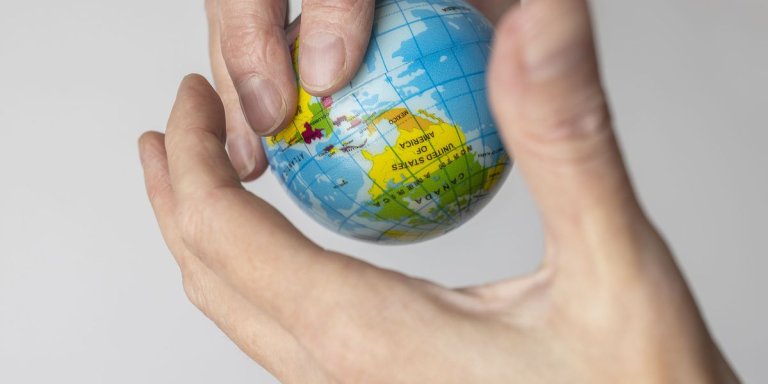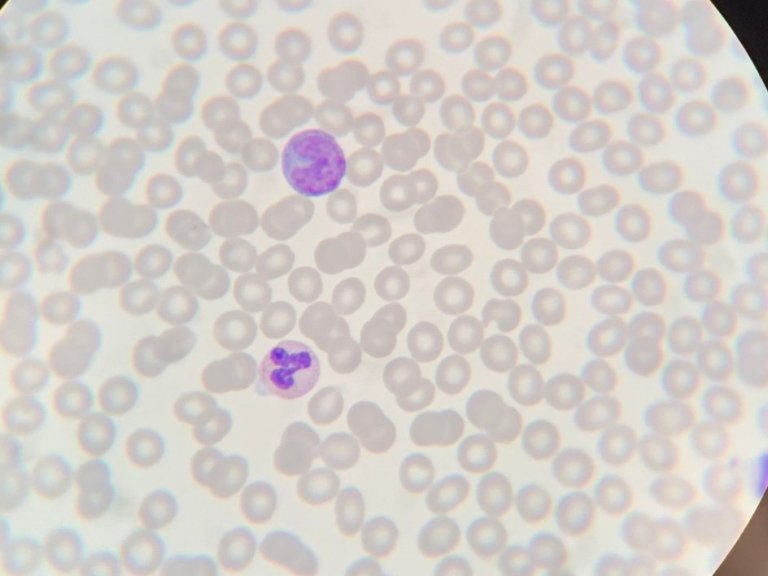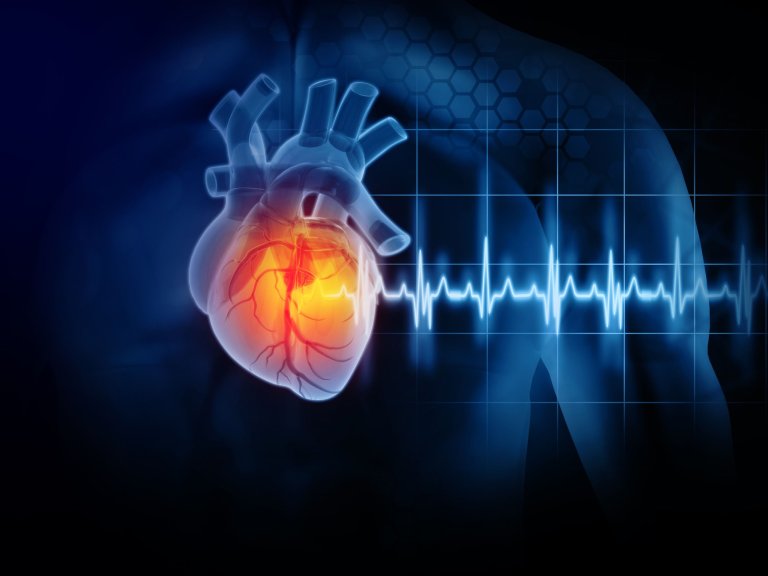“Global Health is finally on the political agenda in the Netherlands,” says Constance Schultsz with joy. She is a medical microbiologist, professor of Global Health and head of the Global Health department at Amsterdam UMC. Schultsz is referring to the Global Health Strategy 2023-2030 that the government has recently adopted. The ambition is to use this strategy to contribute to improving healthcare worldwide.
“What matters to us is that we work together internationally for the benefit of health and access to care worldwide. After all, that is a common interest. Then you have to think of research, education, policy and application in practice. After COVID-19, it has once again become clear that health problems are not limited to national borders and that they hit middle and low-income countries the hardest. Those countries have less access to care and less to spend,” adds Schultsz.
Joep Lange
Amsterdam UMC's Global Health department was founded by AIDS expert Joep Lange, who died in the MH17 disaster in 2014. He was also the founder of the Amsterdam Institute for Global Health and Development (AIGHD), with which Schultsz's department works closely. Not only the Faculty of Medicine is involved in this interdisciplinary research institute. The faculties of law and behavioural sciences at the University of Amsterdam (UvA) and economics at the Vrije Universiteit (VU) also contribute to the AIGHD's mission of raising global healthcare to a higher level.
Emphasis on infectious diseases
The AIGHD, and with it the Global Health department, focuses on various research areas. Examples include hypertension, intensive care, mental health, the global impact of climate change on global health and the theme of infectious diseases, which is currently the focus of the Global Health department. This focus is driven by the background, knowledge and expertise of its employees. “In May this year the INTEREST conference was held in Maputo in Mozambique. This conference on HIV is held annually somewhere in Africa and is organized by the AIGHD. After all, the problem is the greatest on that continent. It is important that African researchers always have the opportunity to share experiences and research results with each other,” adds Schultsz.
App for tuberculosis
Another example of an infectious disease that the department focuses on is pulmonary tuberculosis in Asia and Africa. Currently almost 60% of the world's 10 million annual TB cases come from these two continents.
TB is very contagious and often goes undiagnosed. That is why early detection is important to prevent its spread as much as possible. One of the symptoms is that patients suffer from coughing for a long time. The Amsterdam researchers want to see whether an app on a smartphone can contribute to early detection in Africa. The cough sound of a tuberculosis patient sounds different from that of a healthy person. By recording that sound through the smartphone's microphone, the app can do a quick analysis. The intention is to distribute the app to healthcare providers and to train them in its use.
Antibiotic resistance
Schultsz herself is heavily involved in antibiotic resistance. She describes this as a global problem. Among other things, she develops new measurement methods to map the severity of antibiotic resistance locally. Schultsz is looking at possibilities to carry out surveillance in a smart and affordable way, for example in patients with a urinary tract infection. Her idea is to obtain sufficient information with less data.
“In many parts of the world, we still don't know how serious the situation is. Unlike the rapid COVID pandemic, this issue is progressing much more slowly. People feel the urgency less as a result, but it is there. If you suspect that resistance is taking on serious forms somewhere, you should start measuring. If that suspicion turns out to be correct, then intervention is necessary. It is important that only people who really need antibiotics receive antibiotics and that not everyone can buy them at a pharmacy,” says Schultsz.
Equal cooperation
In the fields of research, education and care, the Global Health department works mainly with African and Asian countries, such as Uganda, Kenya, Malawi, South Africa, Indonesia, Vietnam, Sri Lanka and Thailand. Schultsz emphasizes that the term development aid absolutely does not apply here. It is about equal cooperation from which all parties can benefit.
As an example of this synergy, is research into long COVID together with scientists in Kenya. “In Amsterdam, we have been investigating the phenomenon of long COVID for some time now. Now we are also doing this together with researchers in Nairobi. How different is long COVID and what are its economic consequences. This disease is still difficult to define. Undoubtedly, cultural and social components will play a role. We look at the differences, but also at the similarities. In this way we work together on a common problem to gain more insight. Hopefully, this collaboration will lead to a more targeted and efficient approach to these long-term and serious symptoms caused by a COVID infection,” concludes Schultsz.




